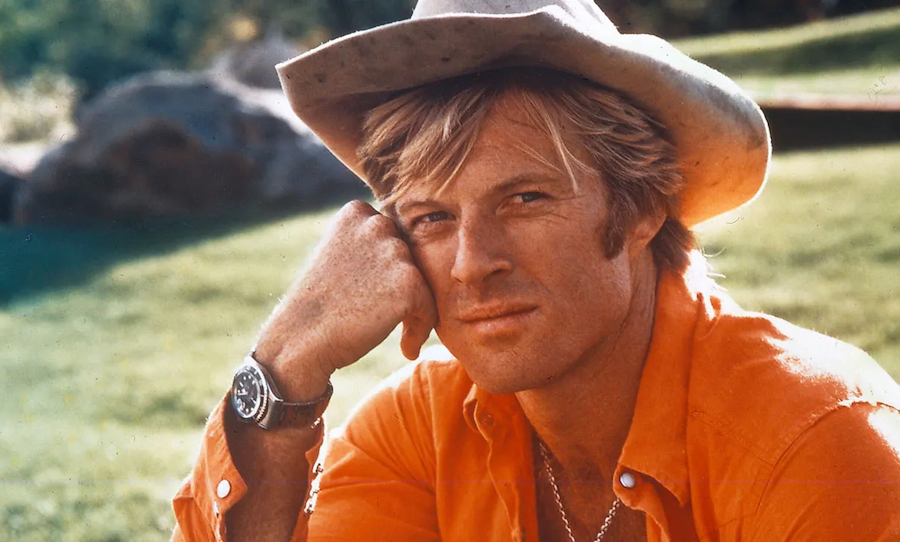Once upon a time it was virtually impossible to start a record label. Sun Records was one of the first independent record labels and played a major roll in the rock n’ roll of the ’40s and ’50s recording artists like Elvis Presley, Carl Perkins, Johnny Cash, and Roy Orbison.
The Rolling Stones started Rolling Stones Records and The Beatles with Apple Records started their own labels in the ’60s along with several prominent British producers such as Joe Meek with Triumph Records and Andrew Oldham’s Immediate Records.
However, it wasn’t until the ’70s and the punk movement that the do-it-yourself ethos created an even greater proliferation in the music industry. These days the barriers between making a record label are virtually non existent.
Though some of the biggest independent labels were created out of nothing – Creation, Sub Pop, Rough Trade, Warp – there is an immense amount of work and money involved.
This guide will help you decide wether starting a record label is right for you as well as how to get started.

Starting your own record label may seem like a monumental task. This is a guide on exactly how to get started saving the world of music.
Precautions
If you are starting a record label with the sole purpose of releasing your music be aware that being the only artist on your own roster can propose its own limitations. Even with the best intentions it came come across as a bit of a vanity project.
Distributors may be hesitant and funders may be wary to fund. However, many labels do start this way, it is just a problem that other labels don’t face. You will most certainly expand your repertoire however so keep a few artists in mind for your first signing.
The next question is do you have the time and money?
You will need to work on your label every day, even if you have a full time job. Also no matter how much money you have for funding it will almost certainly cost more.
Furthermore, have a clear idea of the market you want to release music to and how you are going to help this corner of the world. If you have a gap in the market to move in to you will have much better chances of success.
Business Model and Label Name
The first and most important thing is choosing your name. You will also want to make a quick google search to check that no one else has adopted the name. Plus if you plan to sell merchandise through the label you should consider getting the name trademarked.
You most likely don’t have the resources to fund a legal team at the beginning. Though you will need to be a legal business with a legal account.
If you are starting a business with partners, or LLC’s as they are referred to, you will need to settle agreement terms such as:
- What percentage of ownership each partner has.
- How each partner can leave the business.
- How decisions will be made within the company.
- State the position of each LLC and their requirements.
Find Your Sound
While most people who start a label have a very clear idea of the sound you want to represent it never hurts to ruminate a little more. The most important thing is to try and represent music that either needs your help to be represented, or a sound that isn’t being heard.
Thus when it comes to picking music there are a few things to consider:
- Release music you believe in (this goes without saying).
- Determine your own space in the market.
- Think quality over quantity.
- The music should come first, then the label.
Label Contracts: Framework and Artist Deals
One of the best things about indie labels is you can basically set up any deal you want. You have complete creative control and thus can create some beautiful relationships with artists. That being said it’s always good some have some basic principles in mind.
- Who will deliver the master and cover recording costs?
- Is the artist being paid an advance?
- How will earnings and royalties be split? Who will recoup the money first before payment?
- Will the artist approve promotional expenditures? If so, how much?
- How many albums are part of the deal?
Distribution
Digital Distribution is much easier than physical distribution. You can employ services like TuneCore or Gyrostream to distribute your artists work to all platforms and build very healthy relationships with distribution services.
Ari Herstand wrote a very in depth comparison of all the distribution services (which you can read here) to find out exactly which one is best for you.
Promotion
Promotion is one of the major reasons artists sign with labels. Promotion is critical to selling your releases and thus enticing new acts, funders, and journalists to side with you.
A major aspect of todays promotional landscape is social media. Every label should maintain a consistent presence on Facebook, Instagram, and Twitter.
Another difficult decision regarding promotion is wether to handle it in-house or hire someone to do the job. As promotion costs can become expensive it is not uncommon for independent labels to handle things themselves, though it will take a will to build up the same amount of resources and efficiency as other promoters on the inside.
Nonetheless, try to work the following into your budget:
- Radio: terrestrial radio, satellite radio, internet radio
- Print media
- Online media
- Clubs
- Advertising: posters, internet ads, radio ads, and TV ads (if you have the gold
The First Release
OK! So you’re ready for the first release. You will need to make sure everything is in perfect order before release. Prepare the following:
- Artwork approval.
- Manufacturing (expect delays, your first job with a manufacturer will include a few papers to sign off).
- The release date your distributor wants and going to great lengths to stick by it.
As a general rule of thumb give yourself at least eight weeks to plan a promotion schedule so that interviews/media features/ and radio play can be organised in time. You will also want to consider the printing schedules of magazines.
Most importantly, don’t sweat it! Your first release will most likely be a slow burn and reviews/streams may only trickle in at first. Just take it in your stride.
Mistakes
You will make mistakes. It’s a crucial part of starting any business and doing anything new. The lesson will be to not make the same mistakes on the net release. Try to keep each new record and single rolling out smoother and with better reach than the last.
Final Tips!
- Be creative: don’t be afraid to take a new approach
- Don’t follow trends.
- Focus on releasing and promoting quality music you believe in.
- Treat your label like your artists and promote it the same way.
- Have fun and enjoy the process!



